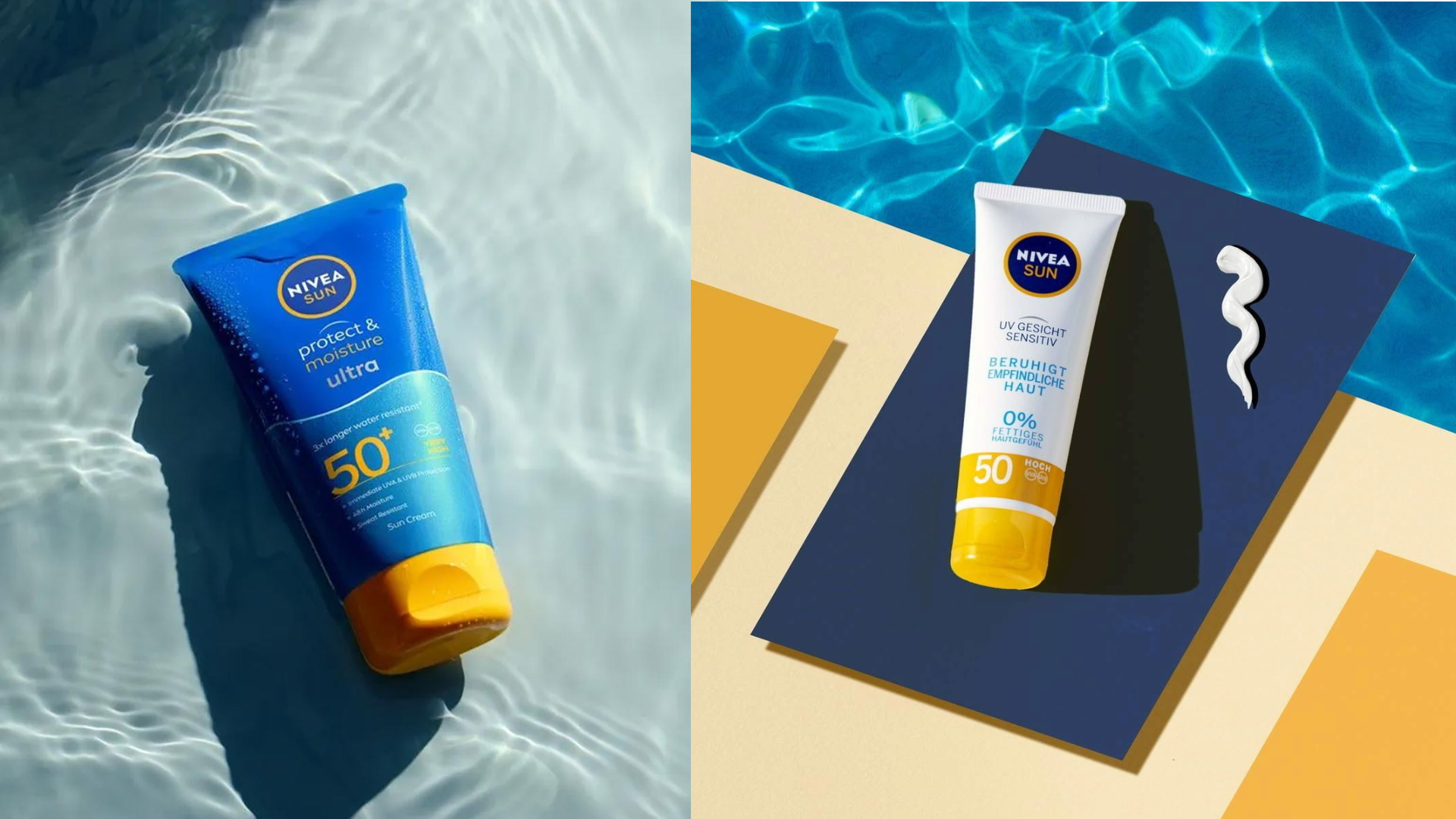Last week the OCU published a study in which it accused seven sunscreens from different brands of not complying with the protection factor stated on the labelling.
The article, which is now unpublished on the OCU website, explained that it had carried out an exhaustive analysis of fifteen factor 50 and 50+ sunscreens for the face in a ‘certified independent laboratory’ and, according to the organisation, the results confirmed that they did not comply with the protection factor specified on their labels.
‘They do not protect as much as advertised on the label and are not complying with the regulations’, these were the words found in the report issued by the OCU. Among these creams, Isdin Fusion Water Magic SPF 50 was also singled out. Last Thursday, the Spanish Agency for Medicines and Health Products (AEMPS), took it upon itself to refute these accusations with the publication of an update on the market control actions of sunscreens contradicting the OCU report. The AEMPS argued that it had received information from the affected companies supporting the claims of FPS and FP-UVA.
On the one hand, ISDIN has taken legal action against the OCU for refusing to make a public rectification and ‘having produced and disseminated a biased study that lacks any objective methodology and is based on irregular studies and arbitrary criteria’. Nivea Sun, on the other hand, has followed the same steps as ISDIN and has also sent a statement in which they assure that they will also process the necessary legal actions against the OCU. In the press release issued by Nivea, they accuse the OCU of ‘providing misleading information about our product, potentially damaging our reputation’.
Nivea Sun already has precedents in this type of situation. Earlier this year, in March, it was already accused for its Nivea SUN Sensitive Face Protection FP50 product, in which the AEMPS alleged discrepancies in the labelling of the sun protection factor, also based on a study carried out by the OCU. The company then also countered and stated that its Nivea SUN formulas and SPF labelling are based on internationally standardised testing methods. ‘These tests are conducted by blind tests at independent and validated testing institutes to ensure consistency at all times and demonstrated that the product achieves an SPF above 50’.
The other brands that were also singled out by the OCU were Rituals, Biotherm, Lancaster and Piz Buin. The OCU accused these of a ‘possible formulation problem that in their manufacturing process prioritises a product that offers a pleasant and satisfying user experience, more akin to a classic face cream where radiation protection is sacrificed’.
